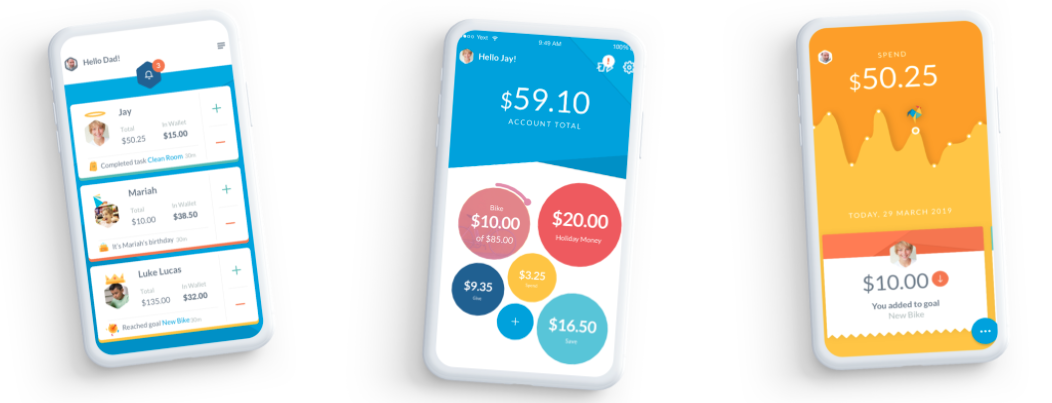
Ohio-based KeyBank made its sixth acquisition today. The bank purchased Banking-as-a-Service company XUP, a platform that helps banks take control of the merchant experience. Terms of the deal were not disclosed.
Founded in 2018, XUP connects merchants, third party financial service providers, and acquirers across channels to help banks offer a more integrated and seamless payments experience. KeyBank will use XUP’s technology to improve its embedded banking strategy and improve the user experience for its commercial users. The bank describes the move as the “next step in providing digital innovation at scale.”
Today’s news is only the latest development in the relationship between KeyBank and XUP. The bank contributed to XUP’s $3 million Seed round closed in February and the two were strategic partners. According to KeyBank, XUP helped accelerate the volume growth of its merchant payments capabilities. The bank now counts 150 million card transactions each year, accounting for $13.6 billion in annual card volume.
“We’ve long embraced the software innovation that’s sweeping through the financial services industry, and the acquisition of XUP allows us to continue to be a leader in this space,” said KeyBank’s Head of Enterprise Payments & Analytics Ken Gavrity. “XUP’s highly experienced team has accelerated us on the journey to build connectivity across our systems, our partners, and our customers, to make it easy to do business with Key.”
XUP will continue to operate as its own entity and support its customer base. “Our end-to-end software solutions, combined with Key’s scale and deep financial services expertise, will perfectly blend to provide clients a best-in-class payment experience,” said XUP President Chris May.
KeyBank was founded in 1825, has $187 billion in assets under management, is headquartered in Cleveland, Ohio, and has 1,000 branches across the U.S. The bank’s other acquisitions include AQN Strategies, Finovate alum HelloWallet, First Niagara Financial Group, EverTrust Financial Group, and Leasetec. Among the company’s strategic partners are AvidXchange, BillTrust, and Bill.com.
Photo by Amina Filkins from Pexels














